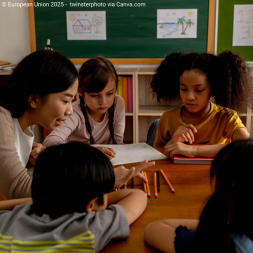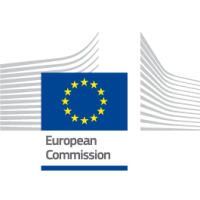
European Commission webinar on: The Socratic method in schools: Midwife, sometimes gadfly
This webinar explains its core elements and how they may be adapted to scaffold group discussions. In its myriad adaptations to different contexts, we will see that often it is more appropriate to speak of Socratic methods.
Webinar information
Description
The Socratic Method is one of the most versatile tools for teachers in the classroom, moving the crucial activities of analysis and judgment to the students. This webinar explains its core elements and how they may be adapted to scaffold group discussions. In its myriad adaptations to different contexts, we will see that often it is more appropriate to speak of Socratic methods.
Watch or re-watch the webinar
Download the presentation used in the webinar
The content of this webinar reflects the views only of the authors. The European Commission does not endorse any views, opinions or advice expressed by the speakers/presenters of this webinar.
About the speakers
Дополнителни информации
-
Јазик:English
-
Target audience:TeacherStudent TeacherHead Teacher / Principal
-
Target audience country:
-
Target audience ISCED:Primary education (ISCED 1)Lower secondary education (ISCED 2)Upper secondary education (ISCED 3)

